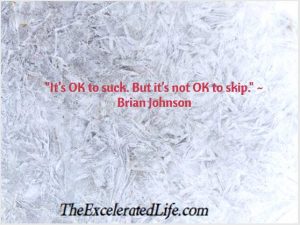“Simplicity brings balance, freedom, and joy. When we begin to live simply and experience these benefits, we begin to ask the next question, ‘Where else in my life can i remove distraction and simply focus on the essential?'” ~ Joshua Becker
Choosing Simplicity
“I think the most wonderful thing about voluntary simplicity is that it means different things to different people. There is no one way to do simple living right. Everyone has a different concept of how they want to live, what is most important to them, and what they need to make them happy. Trying to live someone else’s idea of simplicity will never work.” ~ from “There Is No One Way To Do Simple Living Right“
Choosing a life of volunteer simplicity has many benefits — more time, less debt, less stress, better health, better diet, to name a few. You don’t have to completely upend your life, quit your job and move to the country, or join the minimalist movement to enjoy the benefits of living more simply. Continue reading “Small Steps Toward A Simpler Life”



